

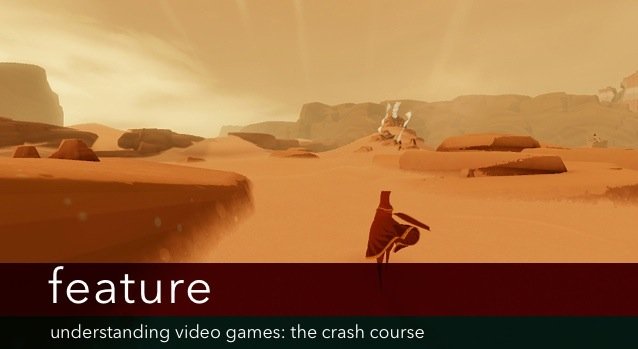
A recent Financial Times article about a non-gamer asked to judge video games for a prize has stirred up some argument. What frustrated me about the FT piece was that the author, despite coming to some understanding of video games, never seemed to get the point where she understands games as interaction of mechanics and presentation. But instead of confronting her piece directly, I'd rather ask: why was a person who had never played video games given Mass Effect III as one of their very first games to play and expected to be literate in gaming?
The “literate” term is crucial here. We have years of training in reading, and can handle both simple and complex literature. We see so much theater, television, and film that we can quickly put together the grammar of most stories that use those forms. Comprehension of these media is taken for granted, and, for many gamers, literacy in this medium is taken for granted as well. But all media, including games, require a steadily increasing literacy.
With that in mind, I thought it would be more interesting to develop a plan for a crash course on video game literacy. Instead of shoving a non-gamer into the deep end of the pool, why not show what the medium is capable of? So here's a “syllabus” for a semester-long, twice-a-week course, “Introduction to Video Games.”
(note: As this is purely a thought exercise, I'm assuming a general access to the necessary consoles, games, and computers, as well as “normal” ability of the player, and a reasonable amount of time. These assumptions would likely change if put into practice.)
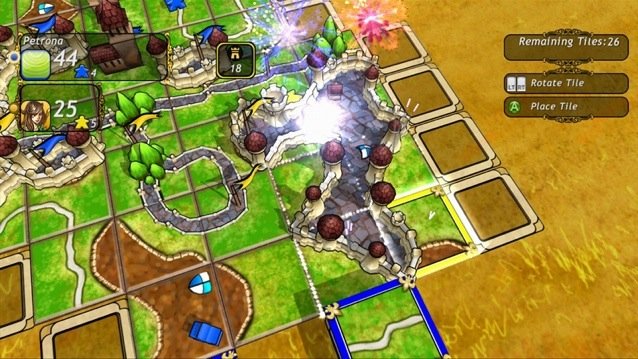
Week One: Solitaire/Chess/Uno/Carcassonne/etc. / Bejeweled
I start with electronic representations of non-electronic games in order to introduce very basic interface with comfortable rules, which also helps the student start thinking about what separates video games from tabletop and board games. Bejeweled has almost-as-simple rules as a parlor game, but takes advantage of its video game form.
Week Two: Passage / Journey
Two simple, accessible games that illustrate the connection between mechanics and message.
Week Three: Costume Quest / Plants vs. Zombies
These two games are streamlined, charming versions of more complicated styles of game, and are therefore ideal for introducing core role-playing and strategy game concepts.
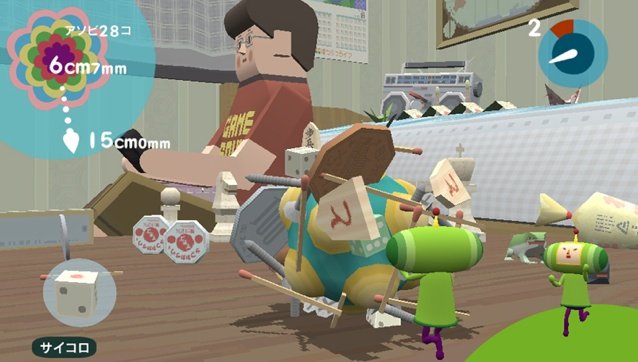
Week Four: Elite Beat Agents / Katamari Damacy
Two weird and wonderful games that demonstrate different possibilities with control schemes.
Week Five: Super Mario Bros. / Super Mario Galaxy
This Mario combo serves two purposes: it increases the student's understanding of complexity controls using Nintendo's superb subtle teaching style; and it allows players to see how games have changed and stayed the same over time.
Week Six: Prince Of Persia: Sands Of Time
Sands Of Time is such a nearly-perfect game that it had to be included here. For teaching purposes, it's a simple, effective form of video game storytelling, its mechanics line up with its storytelling themes, and it demonstrates marvelously how actions that look really complex in games can actually be simple to control.
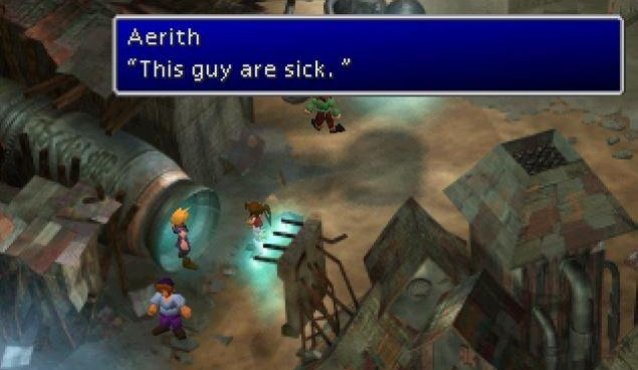
Week Seven: Final Fantasy VII
The Final Fantasy series, at its best, is superb at starting simple and slowly introducing the player to more and more complex game mechanics and storytelling devices. FFVII is perhaps the most dense of the series on both counts.
Week Eight: Doom / Halo
It's violence week! With a decent understanding of what games have been and can be like, and more confidence with difficult controls, the student should be ready to understand why first-person shooters can be excellent, and aren't, in fact, the death of intellectual discourse. Doom's shocking aesthetics and Halo's slick, cool approach show how the genre has evolved in many different ways.
Week Nine: The Walking Dead / Papa & Yo
With a decent understanding of gaming in general, I think it's useful to step back and look at how video games can be emotionally affecting within video games parameters. Both of these games are simple, but they only work as games, and demonstrate the maturity possible within the medium.
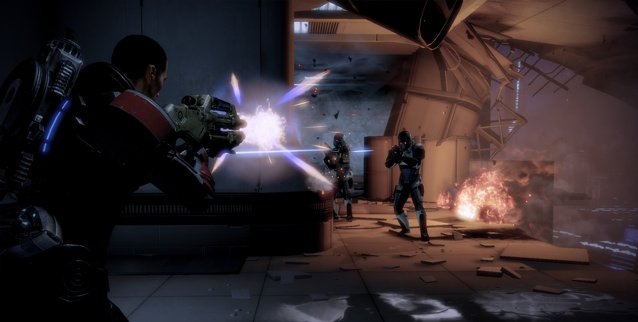
Week Ten: Mass Effect 2
By now, our student should be comfortable with moderately complex control schemes, interacting systems, and the potential for emotional depth in a game. So it's time for perhaps the most discussable game series of all time!
Week Eleven: XCOM
The new XCOM is shockingly good at introducing complex systems and reducing them to, as game designer Sid Meier says, “a series of interesting choices.” This gives a good window into how complex games can be, and how much meaning they can have with those systemic interactions, i.e., I'd want the student to get pissed off when their favorite Squaddie died.
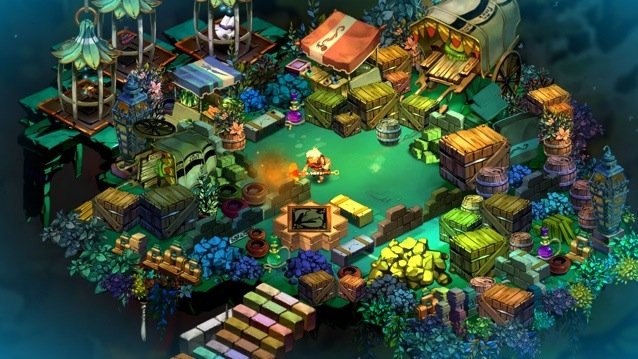
Week Twelve: Bastion / Bioshock
A good understanding of game structure makes it possible to understand how cool it is when a game deviates from that. Both Bastion and Bioshock are great for this—albeit in entertainingly different fashion.
---
This crash course in gaming would be a solid introduction to a collection of great games, with the level of difficulty and complexity slowly increasing in such a fashion that if they've engaged with the games, they should be literate enough to handle all but the most dense games in the future. And that's a required step for having a wider cultural conversation.




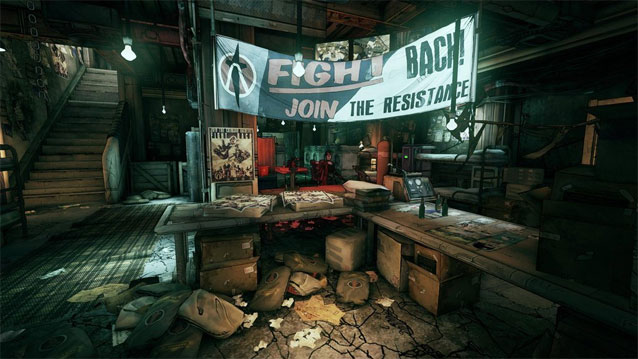 Best PC Graphics in 2013: Screenshots in 4K Glory
Best PC Graphics in 2013: Screenshots in 4K Glory Fallout 4: How to Get the Locked Vault 111 Cryolater Gun Using Dogmeat
Fallout 4: How to Get the Locked Vault 111 Cryolater Gun Using Dogmeat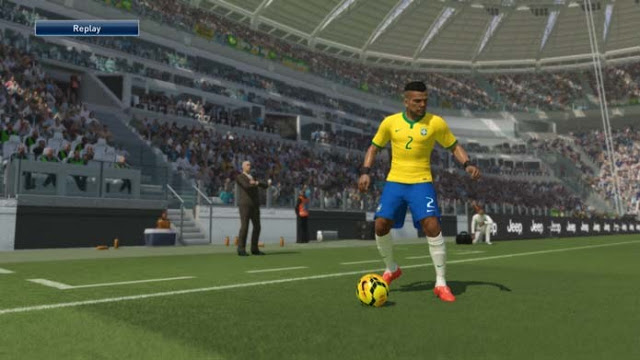 PES 2016: Transfer players between clubs
PES 2016: Transfer players between clubs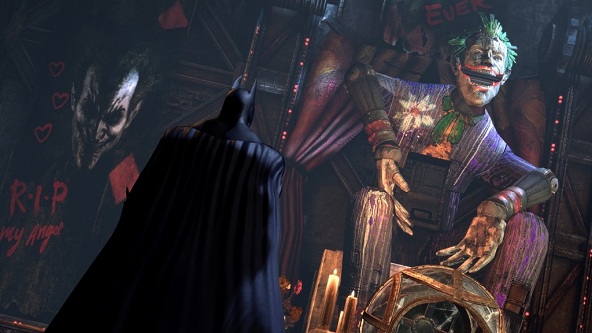 Batman: Arkham City – Harley Quinn’s Revenge DLC Walkthrough
Batman: Arkham City – Harley Quinn’s Revenge DLC Walkthrough Watch Dogs Guide: How to Defeat the Mini Boss/Elite Robotic Policeman
Watch Dogs Guide: How to Defeat the Mini Boss/Elite Robotic Policeman